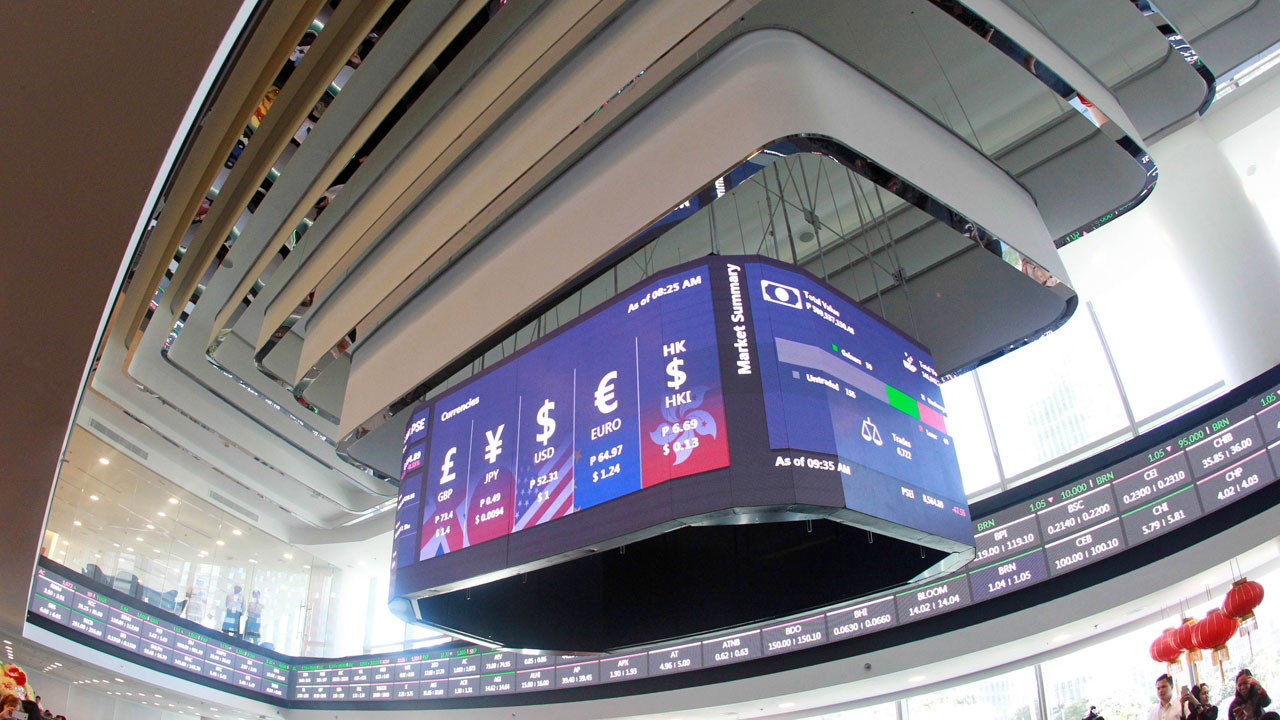
Upgrade to High-Speed Internet for only ₱1499/month!
Enjoy up to 100 Mbps fiber broadband, perfect for browsing, streaming, and gaming.
Visit Suniway.ph to learn
THE MAKATI central business district (CBD) continues to enjoy its stature as the Philippines’ primary financial district. Major outsourcing, multinational, and large Filipino companies gravitate towards the country’s premier financial hub. This has been compelling national developers to expand in the business district despite the obvious lack of developable land in the business hub.
What’s interesting is that there are proposals to amend the zoning ordinance of Makati CBD. Among the Makati Central Estate Association, Inc.’s (MACEA) proposed changes include increasing the allowable floor area ratios (FAR) for office and retail developments. All lots will now be mixed-use. The new zoning ordinance also establishes the “superblocks” system, and a bonus FAR of 1.5 for lot owners that will incorporate breezeways and civic plazas into their developments.
Meanwhile, the Makati local government, major developers, and other stakeholders should also take into account the viability of expanding retail spaces; the city’s sustainability initiatives — given the popularity of healthy and sustainable workspaces; and the efficiency of mass transit systems (especially now that the construction of Makati subway has stalled) and parking spaces across the business district.
TAKING ADVANTAGE OF MAKATI CBD’S DWINDLING AVAILABLE OFFICE SUPPLY
From 2025 to 2029, Colliers projects the delivery of nearly 2 million square meters of new office space in Metro Manila, with Makati CBD accounting for 15% of the new supply. Among the new office towers likely to be completed during the period are Calistoga Office Building, Mckinley Exchange Corporate Center 2, PHC Buendia, The Gentry Corporate Plaza and the redevelopments of BDO, BPI, Metrobank and Chinabank HQs.
Assuming current market conditions continue, Colliers projects that Makati CBD may shift to a landlord’s market as early as next year, due to limited new supply over the next two years. While several major banks are developing new headquarters in the CBD, most of these are expected to be completed by 2029 onwards. The duration of a potential landlord’s market may be protracted unless a substantial portion of space in these HQs is made available for lease to the market.
With office availability dwindling and many existing buildings aging, redevelopment is becoming increasingly imperative to meet evolving demands. Colliers sees the MACEA’s proposed zoning amendments as a key catalyst in driving the redevelopment of the Makati CBD. These proposed changes include increasing the allowable FAR for office developments in Legazpi and Salcedo Villages, as well as permitting mixed-use developments along major thoroughfares. Colliers recommends incentivizing redevelopment projects — particularly those that integrate sustainability — as a critical step in future-proofing the CBD.
NEW CONDOMINIUMS LIKELY TO REPLACE OLD BUILDINGS
From 2025 to 2029, Colliers expects the completion of 20,700 condominium units in Metro Manila, with Makati CBD likely accounting for 12% of the new supply. Majority of these are luxury projects including Arthaland’s Eluria, Alveo Land’s Parkford Suites, and SMDC and Federal Land’s The Estate. Due to the lack of developable land in Makati CBD, property firms have been redeveloping old and existing properties into new residential projects. For instance, Ayala Land Premier redeveloped the Mandarin Oriental Hotel and LeParc Apartments into Park Central Towers and Park Villas respectively. Meanwhile, the Dela Rosa Carpark 2 will be converted into an ultra-luxury project called Laurean.
The proposed Condominium Redevelopment Act, a measure that was seen to complement new office and retail projects in Makati CBD failed to hurdle the last Congress. The bill is likely to be refiled in the next Congress which starts in July. We see Makati CBD benefiting from the measure’s enactment.
Makati CBD’s residential segment remains a cut above the rest. Its share to total unsold ready-for-occupancy (RFO) condominium units is only less than two percent of total unsold RFO across Metro Manila. Secondary and pre-selling condominium projects within Makati CBD are among the more expensive in the metro, especially those along Ayala Avenue and those located in Legaspi and Salcedo villages.
With the proposed rezoning and new projects in the pipeline, Makati CBD is definitely a hub to watch for in the years to come.
Joey Roi Bondoc is research director, and Kevin Jara is director and head of tenant representation at Colliers Philippines.




